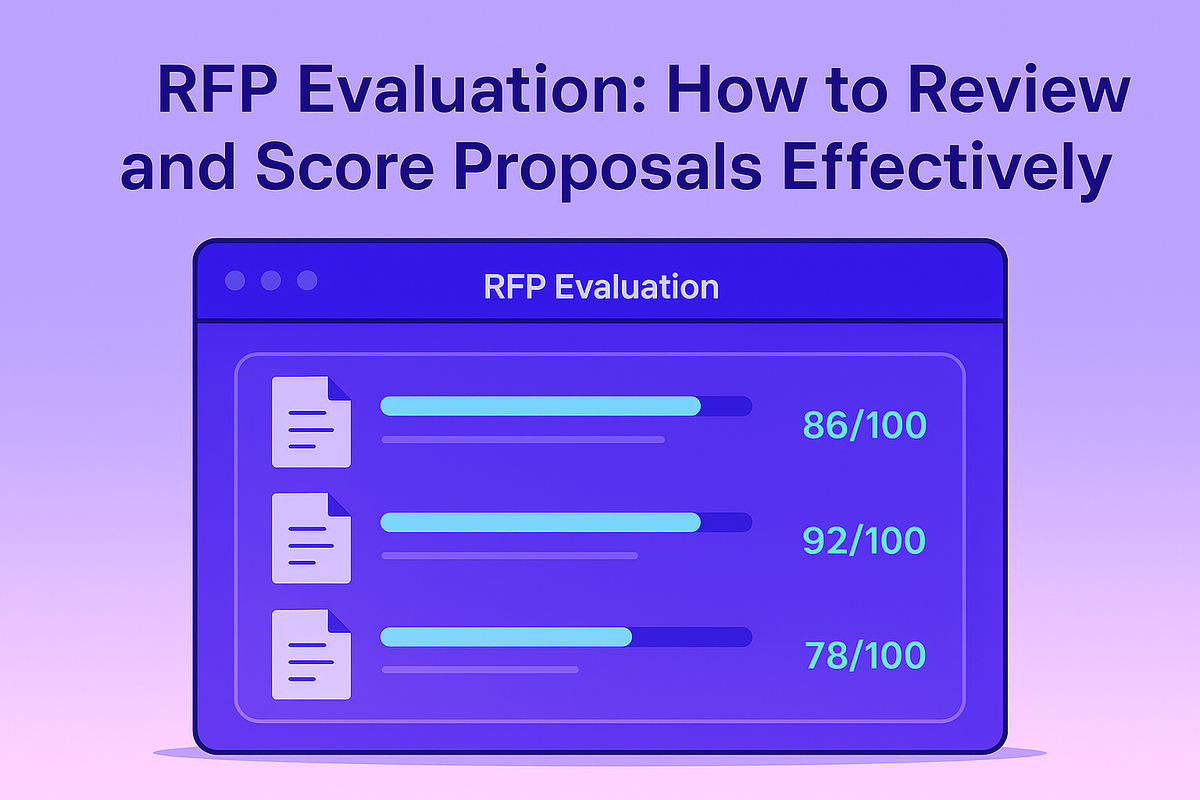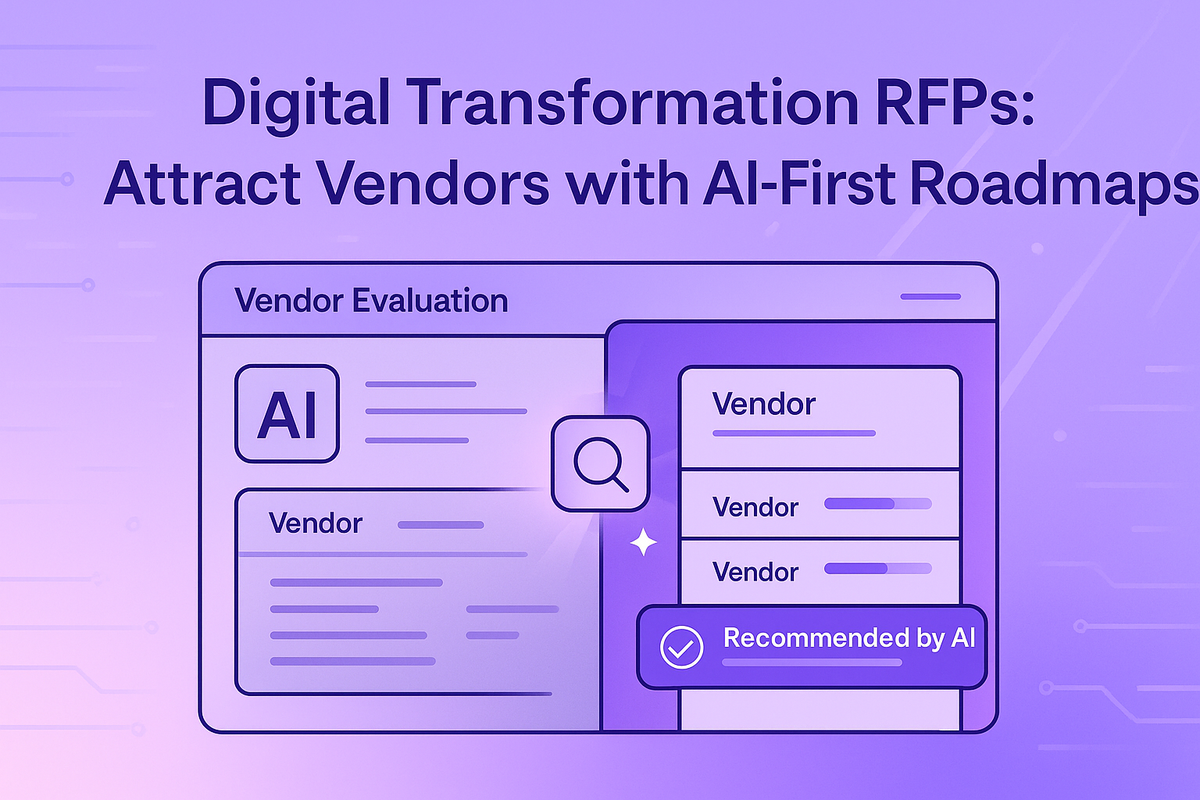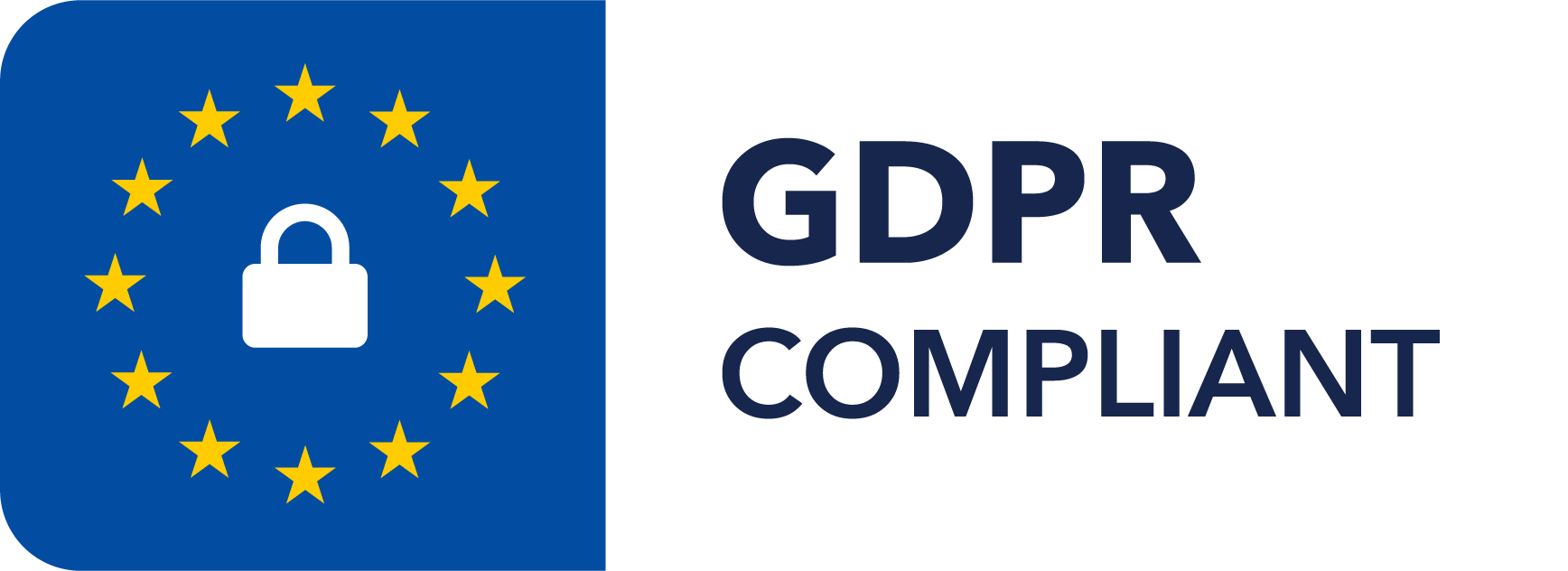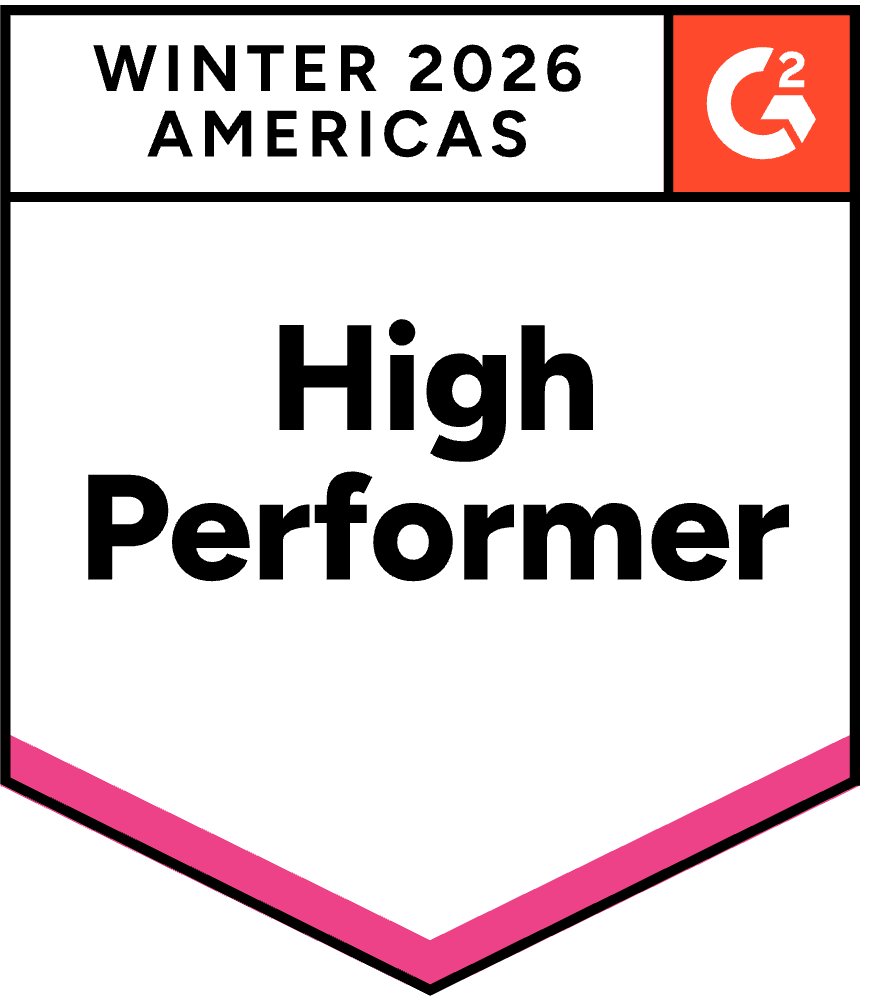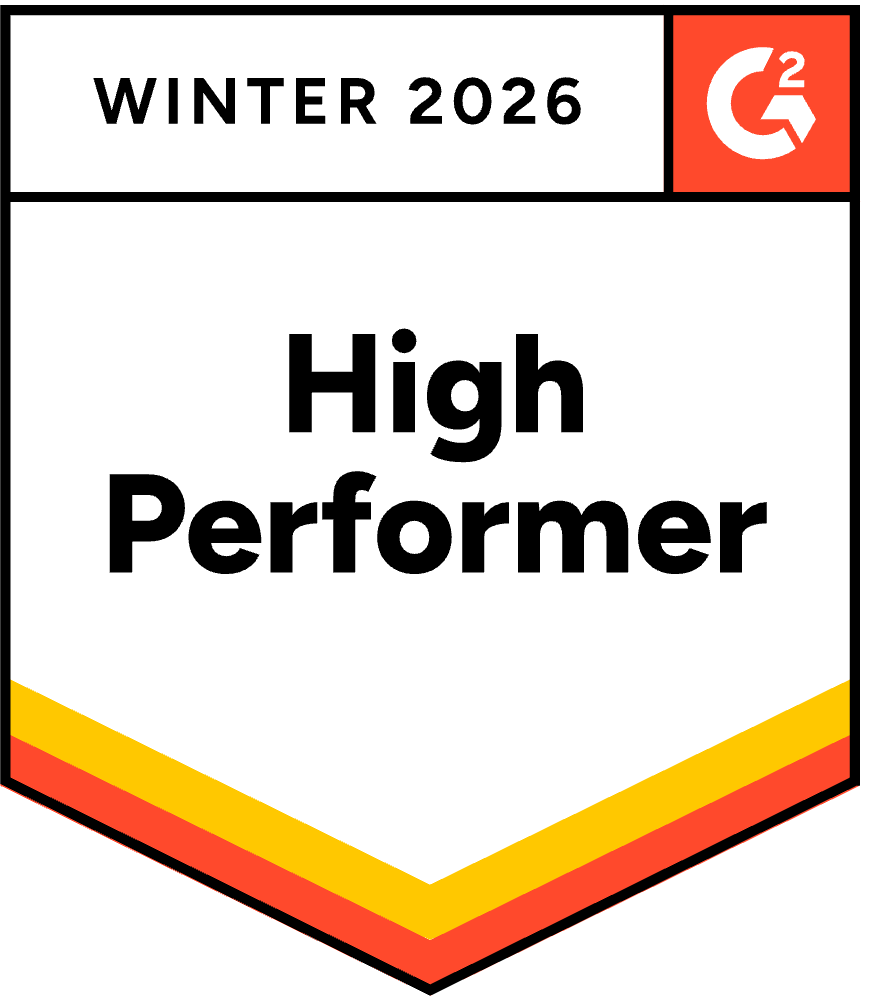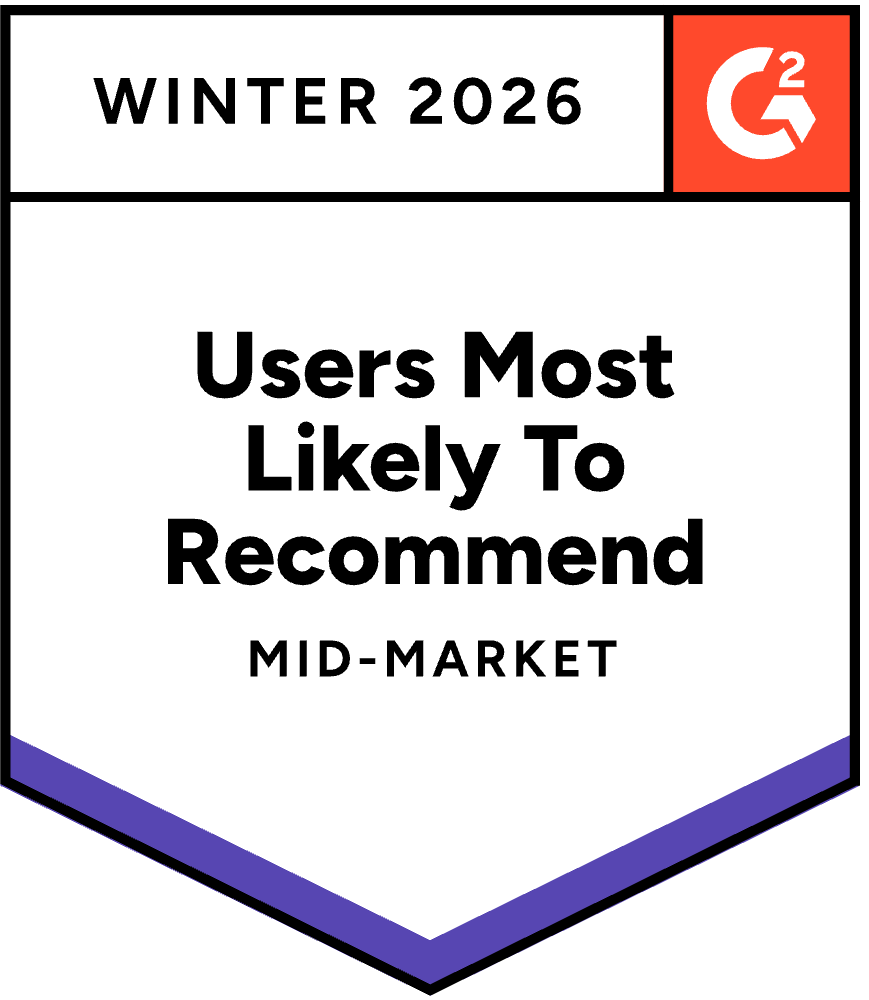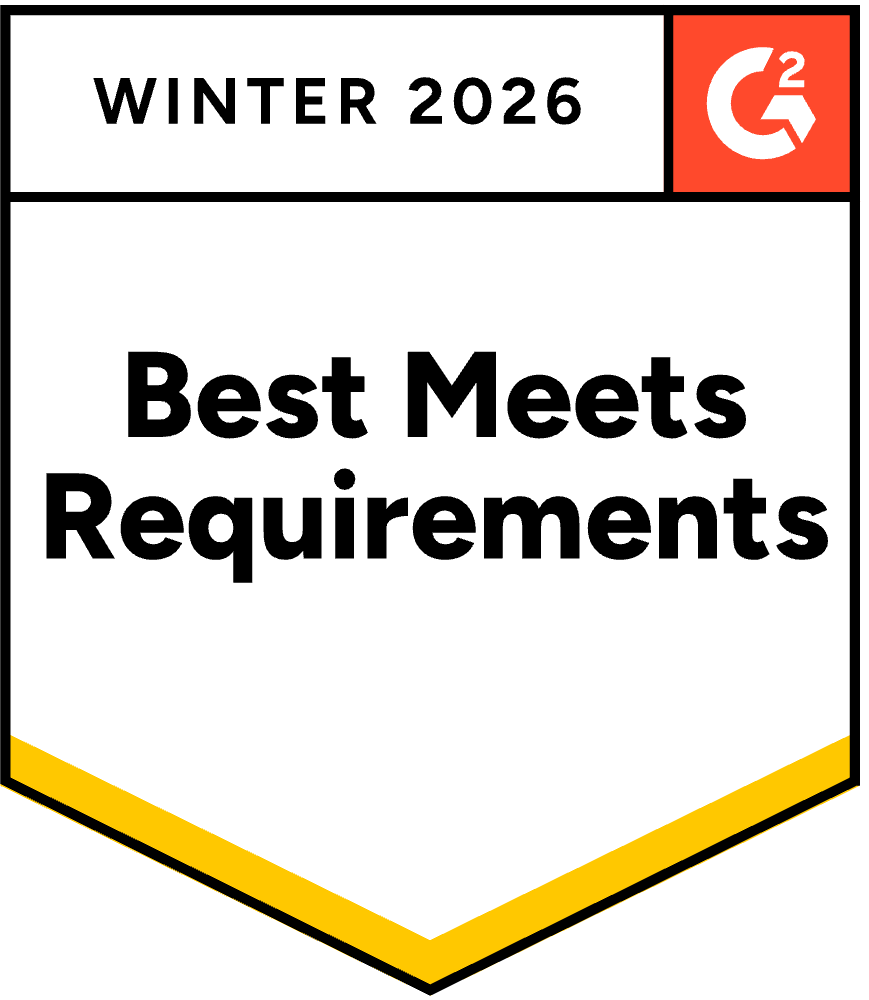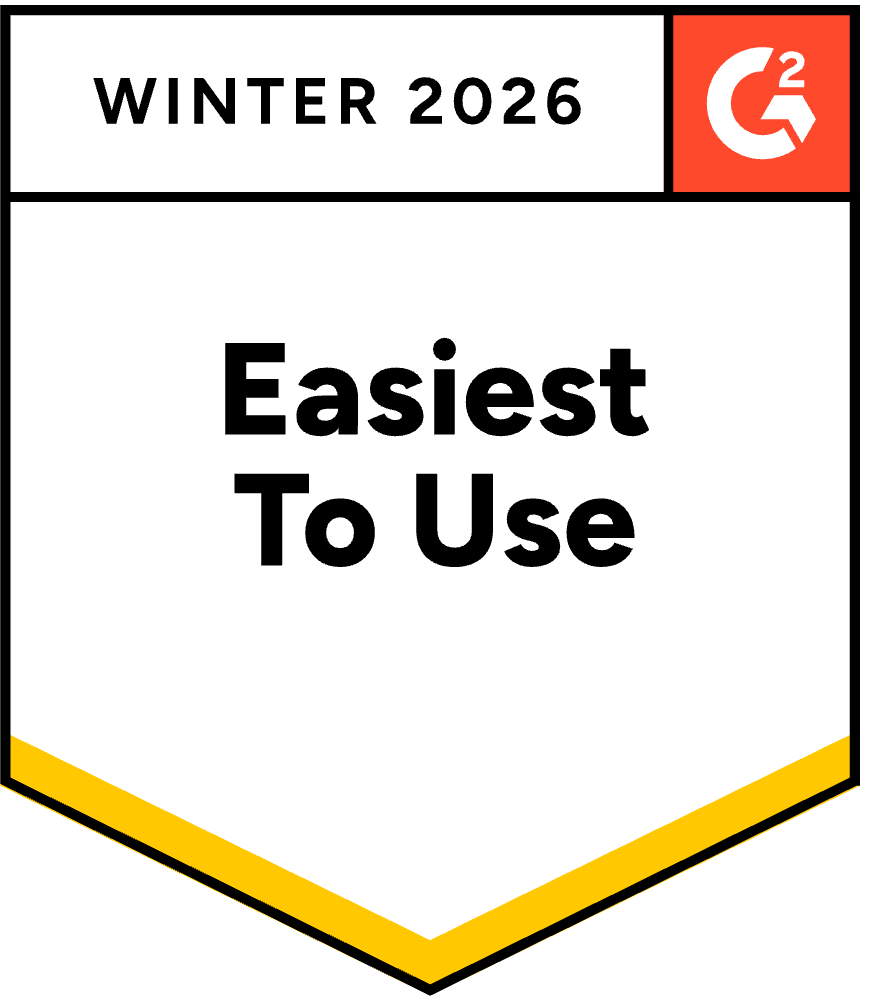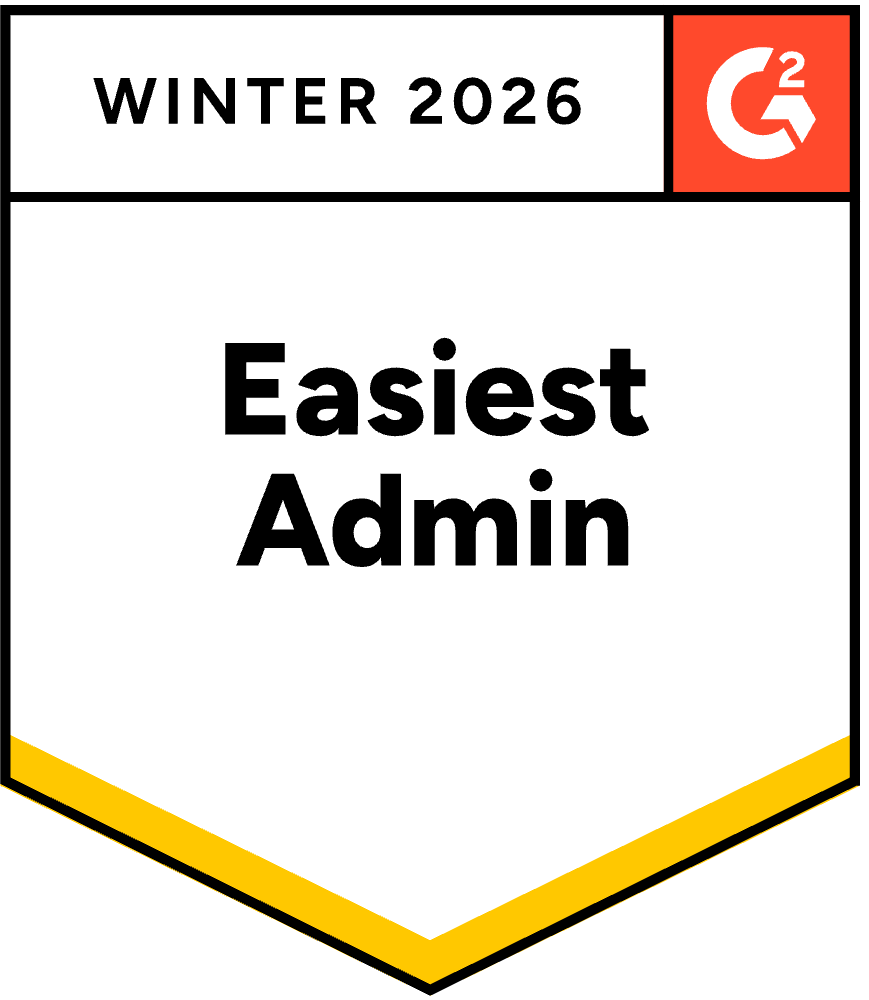ISO 42001 Ethics Checks: A Guide for AI Firms
December 18, 2023
By
Evie Secilmis
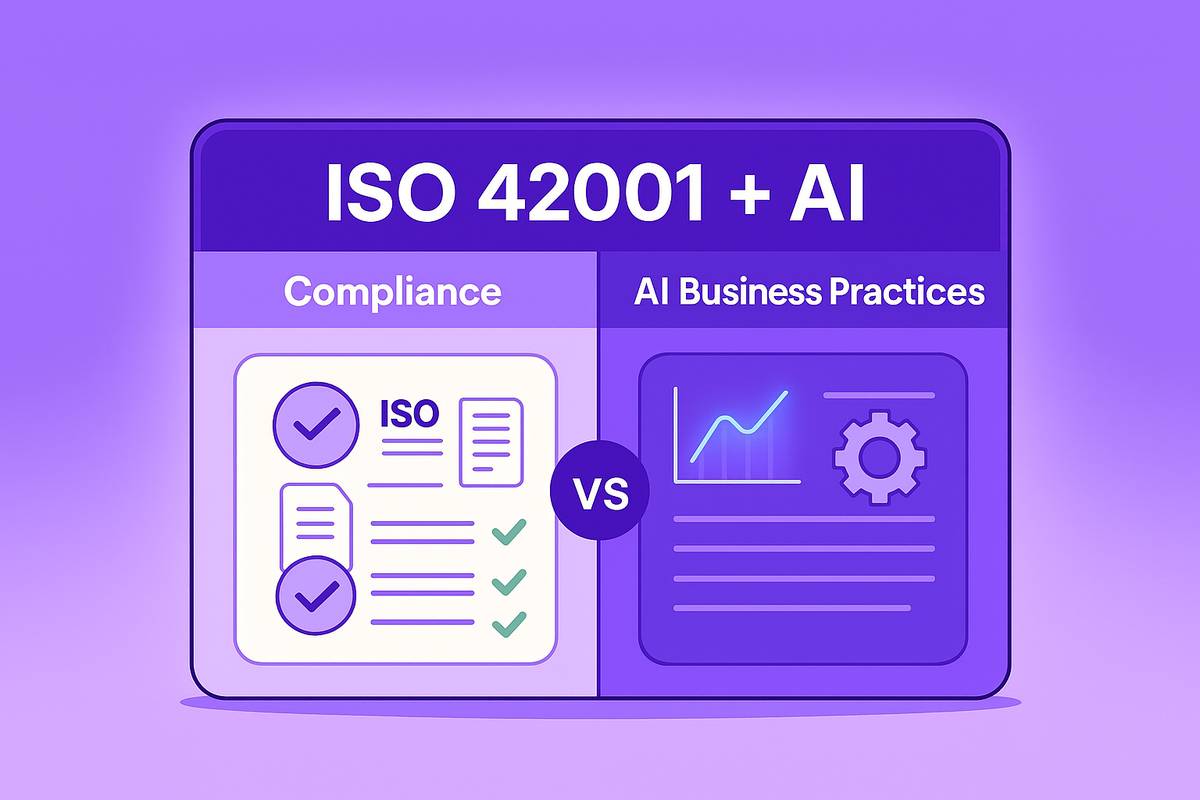
ISO 42001: The New AI Governance Standard You Need to Know
Recently, we explored the European Union AI Act and its impact on businesses. Now, another major development is making waves in the AI world: ISO 42001.
You might be asking: What is ISO 42001 and why does it matter for my business?
Think of AI as a vast ocean of opportunity. ISO 42001 is the lighthouse, helping organizations navigate ethical risks, compliance challenges, and governance standards with confidence.
What Is ISO 42001?
ISO 42001 is the world’s first international management system standard (MSS) for artificial intelligence. Officially published, it provides a framework for building, using, monitoring, and improving AI systems responsibly.
Unlike one-time regulations, ISO 42001 emphasizes a continuous cycle of:
- Creating AI systems
- Using them responsibly
- Checking performance, ethics, and compliance
- Improving continuously
In other words, it’s like a routine check-up for AI systems — ensuring they remain safe, fair, transparent, and aligned with ethical values over time.
Why ISO 42001 Matters
This new AI compliance framework was designed to help companies:
- Reduce risk by aligning with ethical and legal principles.
- Prove responsibility with independent certification.
- Gain a competitive advantage by building trust with partners, customers, and regulators.
Much like SOC 2 certification became a baseline requirement in SaaS, many experts believe ISO 42001 certification will become a global standard for AI governance.
How ISO 42001 Aligns With Existing Standards
A unique strength of ISO 42001 is its compatibility with other Management System Standards (MSS) already in use:
- ISO 27001: Information security management
- ISO 27701: Privacy protection and data governance
- ISO 9001: Quality management systems
For organizations already familiar with these frameworks, ISO 42001 extends governance into the world of artificial intelligence.
Key Areas Covered by ISO 42001
The current draft of ISO 42001 looks into several critical areas of AI governance, including:
- Resources for AI systems (infrastructure, tools, skills)
- AI lifecycle management (design, development, deployment, retirement)
- Data management for AI (quality, privacy, bias mitigation)
- Policy and ethical considerations (fairness, accountability, transparency)
- Internal organizational structures (reporting, oversight, governance models)
Challenges and Opportunities for Businesses
Adopting ISO 42001 won’t be without effort. For many organizations, it will require:
- Time and financial investment to implement policies, training, and reporting mechanisms.
- Operational adjustments that could temporarily disrupt existing processes.
- Strategic commitment to align AI projects with ISO 42001’s requirements.
But the potential payoff is significant:
- Competitive advantage for early adopters.
- Simplified compliance with evolving global regulations (like the EU AI Act).
- Stronger trust with clients, partners, and investors.
Already, businesses are seeing vendor questionnaires asking about AI use. With ISO 42001 on the table, these questions will only become more complex and detailed.
ISO 42001 vs. EU AI Act
Both the EU AI Act and ISO 42001 share a risk-based approach to AI governance.
- The EU AI Act is a law, legally binding across the EU.
- ISO 42001 is a global voluntary standard, but certification provides credibility and reassurance.
Together, they represent two sides of the same coin: one enforcing compliance, the other encouraging best practices in ethical AI management worldwide.
Looking Ahead
Embracing ISO 42001 certification is more than a compliance checkbox. It’s a statement that your organization is committed to responsible, ethical AI adoption.
Much like SOC 2 or ISO 27001 reshaped expectations around data and security, ISO 42001 is set to become the benchmark for AI governance. Businesses that adopt early will be well-positioned as AI regulation and customer expectations continue to evolve.
👉 Learn more about the framework here: ISO 42001 Overview
Sources
Manimbo, D. (2023a, December 13). How ISO 42001 “aims” to promote trustworthy AI. Schellman Compliance. https://www.schellman.com/blog/iso-certifications/how-iso-42001-aims-to-promote-trustworthy-ai
ISO/IEC 42001:2023. ISO. (2023, December 18). https://www.iso.org/standard/81230.html
Share this post
Link copied!




